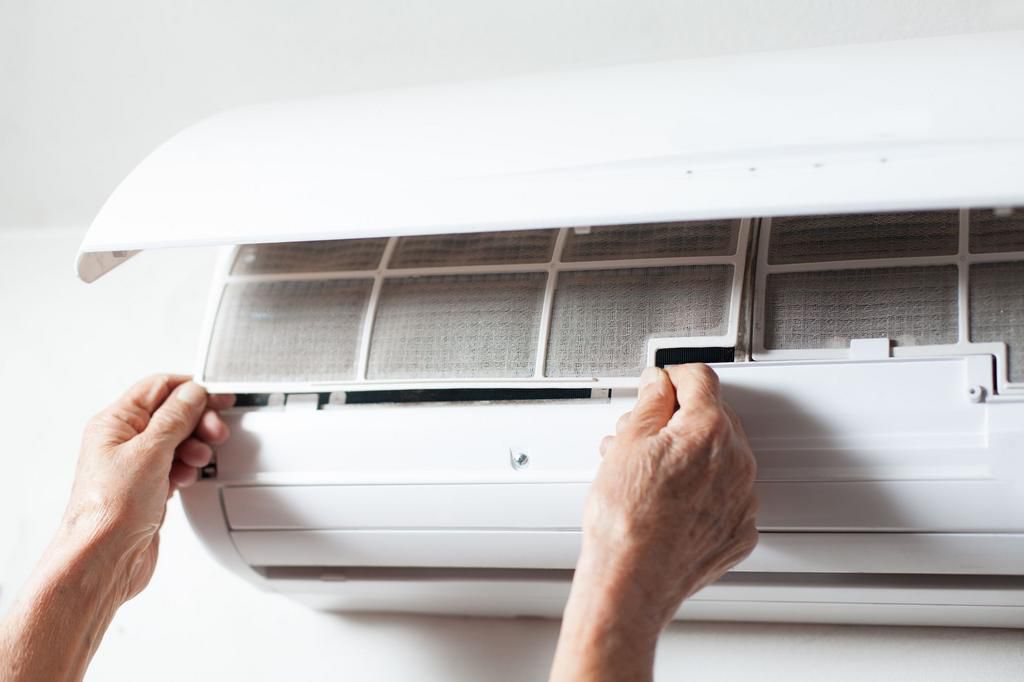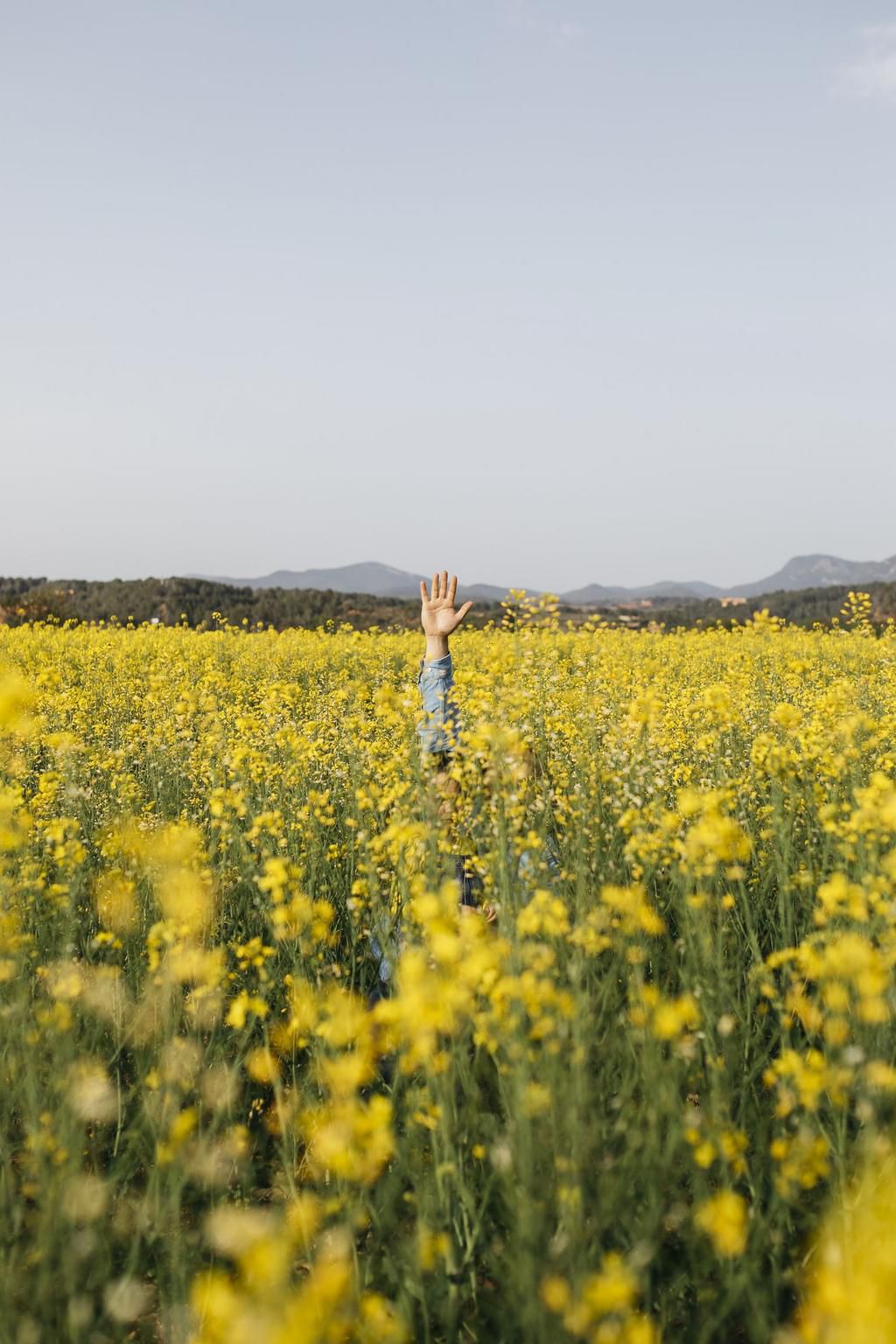2) Take meds before the pollen starts. If you're not doing allergy shots or sublingual tablets, but you manage allergy symptoms with OTC medications, experts recommend taking them before the pollen is in full bloom. Waiting until you're miserable to start the meds can make allergies harder to control. It's like fixing a leak in the plumbingit's easier to get the upper hand when there's just a drip, not a whole flood. Thanakorn Phanthura / EyeEm - Getty Images

3) Do some spring cleaning. Vacuum carpets and rugs, sweep the floors (paying extra attention to dusty corners), and dust surfaces and blinds with a microfiber cloth. Thatll get rid of dirt, dust, and animal dander buildup from the winter, so they dont trigger a reaction or irritate your symptoms. Make sure to wear a dust mask while cleaning to avoid breathing in any aggravating particles, or delegate the work to someone without allergies, Dr. Gross says. Once you de-gunk, try to keep your space in shape with weekly cleanings. And avoid opening the windows itll only invite outdoor allergens in. Thinkstock

4) Change your air filter. Whether youve got them in heating or AC ducts, AC window units, or in portable air purifiers, air filters trap dust and other airborne allergens before you have a chance to breathe them in. That can help keep your respiratory tract from getting irritated and making your symptoms worse. Over time, your filters can get clogged and start to work less efficiently. So if you arent already in the habit of installing fresh ones regularly, you should do it now, Dr. Bassett says. While youre at it, check the manufacturers instructionsthey may recommend changing the filters again during peak pollen season. Getty Images

5) Buy a few houseplants. Snake and spider plants, ficus trees, bamboo palms, and peace lilies have been shown to have air-purifying qualities. They may potentially clean and scrub away indoor air pollutants, Dr. Bassett says. And that could translate to less respiratory tract irritation and fewer symptoms for you. Gallery Stock

6) Check the Pollen Index and plan accordingly. There's not a lot you can do about how much pollen is in the air on a given day. But knowing how high the counts are help you know whether it's an outdoor run day or an indoor weights or run day. If you're set on the outdoors, you might want to change your workout time. According to the American College of Allergy, Asthma, and Immunology, tree and grass pollens in the spring tend to be highest in the evening. During ragweed season in late summer and early fall, levels of those pollens are highest in the morning. Westend61 - Getty Images
)

)
)